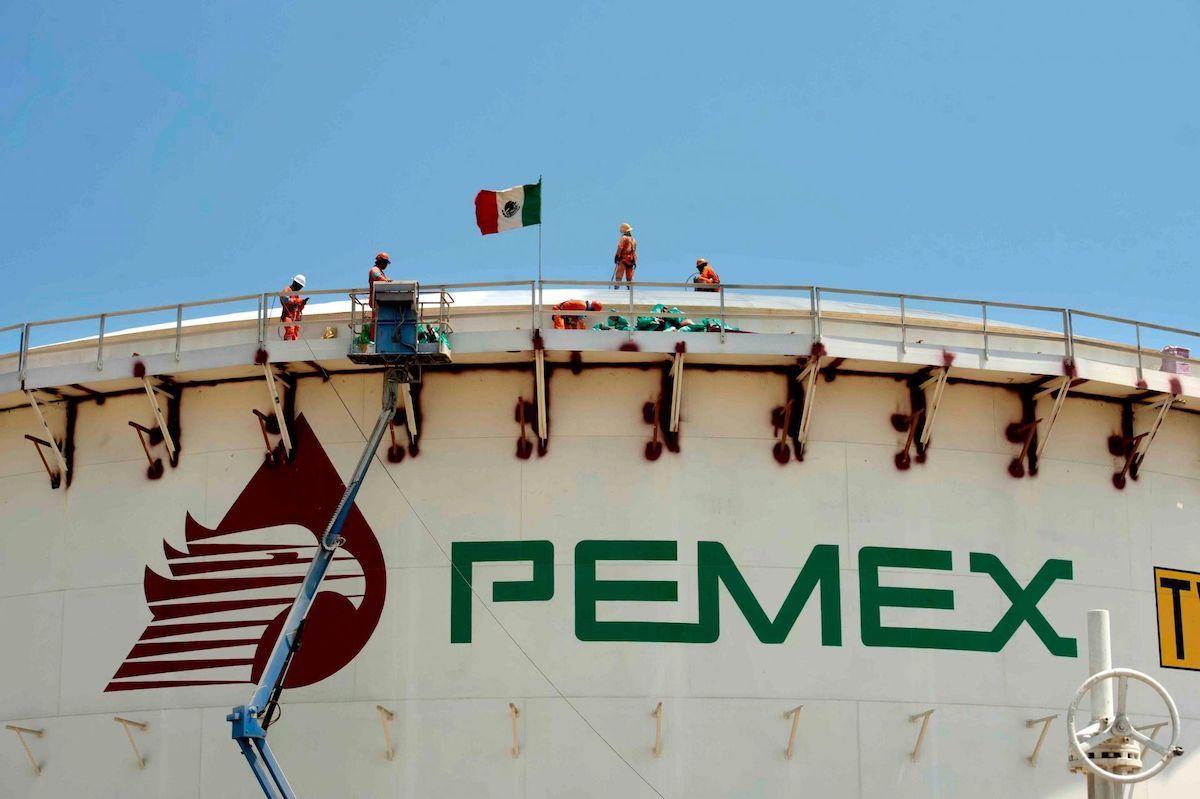Mexico's strong fiscal dependence on fossil fuels from Petrleos Mexicanos (Pemex) limits the exploration of other possibilities for self-sufficiency without hydrocarbons. However, it's time to change this paradigm, experts said at a discussion organized by the organization Leave it in the Ground (Lingo).
The federal government depends to a large extent on the State Productive Company's oil revenues, which amounted to 1 trillion 482 billion pesos in 2022, an increase of 18.7% real annually compared to 2021.
This fact is one of the limitations to accelerating the energy transition, acknowledged the main speaker of the session Ricardo Cantú, deputy director of operations and institutional strengthening of the Center for Economic and Budgetary Research (CIEP).
“I do believe that the current dependence of the federal government or the public sector on these revenues prevents me from making any changes to Pemex that could affect lower revenues,” Cantú said.
Oil revenues accounted for 22% of last year's total budget revenues.
This reality invites us to think about the role that Pemex must play in an energy transition in the country and on ways to alleviate its debt, which currently stands at 105 billion dollars, positioning itself as one of the most indebted oil companies in the world.
President Andrés Manuel López Obrador said this week that the Ministry of Finance and Public Credit (SHCP) is working on a scheme to amortize these liabilities.
An endorsement that Standard & Poor's qualifies as an “almost certain probability”, in which the federal government will provide “sufficient” and “timely” support.
“Pemex gave a lot to the country and the country did not return to it in terms of infrastructure and now we have a great dependence on an entity that does not have a predictable future,” Sandra Guzmán, founder and Coordinator of the Climate Finance Group for Latin America and the Caribbean (GFLAC), commented at the event.
For Guzmán, the question is no longer how Pemex is going to feed the economy, but what is Pemex's exit plan.
“I think that, even as environmentalists, we don't think that Pemex will die tomorrow, the point is how we give it that way out; what is the strategic role it will play in the energy transition,” Guzmán questioned.
While the Pemex operation involves environmental costs, which are difficult for experts outside the oil company to quantify.
A report from the Natural Cause Journalism Unit reported that in the period from 2018 to 2021, Pemex reported 176 spills and leaks on a moderate and serious scale.
To a large extent, these types of problems are due to an infrastructure of yesteryear, Guzmán said in his speech.
In its latest 2021 sustainability report, Pemex noted that to prevent and mitigate the impacts of its operations, it carried out an inventory of risks, in which it identified 226 Type A, whose cost of care was estimated at 8,225 million pesos.
“If we don't understand the tax system well, we can stay with Pemex in such a situation until it explodes and not make any smooth transition. We are not looking for transitions,” Cantú remarked.



Comentarios (0)